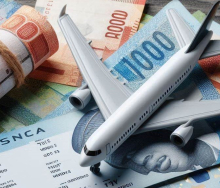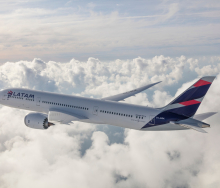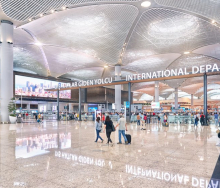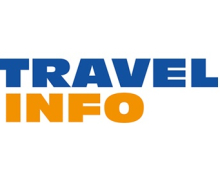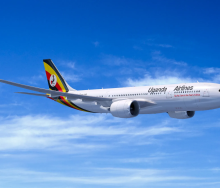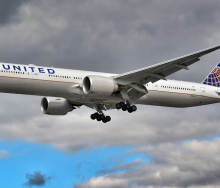THE recommendations made
last week by the Inter-Ministerial
Committee (IMC) to amend
tourism-killing immigration requirements
are a huge win for South Africa.
Numerous concessions were made by
the Department of Home Affairs that
will be rolled out over coming months.
The biggest win is the recommendation
that biometric visa applications be
made on arrival in South Africa as well
as amendments to the requirement
for Unabridged Birth Certificates for
travelling minors.
Cabinet confirmed that SA passport
holders would “within three months
to a year” be able to travel without a
UBC as it is looking at issuing new
passports for minors that will contain
parents’ details.
The concessions come after the long
battle by industry associations – Asata,
SATSA, Barsa, Aasa and TBCSA.
Mmatšatši Ramawela, ceo of the
Tourism Business Council of SA, told
TNW that the lines of communication
with the DHA were now fully open for
further engagement and collaboration
with the travel industry. She said
in the next three months, the DHA
would also extend the validity of the
parental consent affidavit from three
to six months and would allow school
principals to issue letters confirming
permission for children to travel on
school tours.
Although the travel trade has
welcomed the announcement of the
concessions as a step in the right
direction, agents say they will adopt
a wait-and-see approach as they
are concerned about the timeous
implementation of the concessions.
“The new passports will be a positive
development if Home Affairs has the
capacity to implement it,” says Keith
Gow, md of Gateway Travel and Tours.
He says the timeous issuing of UBCs
by DHA has been a major problem over
the last year and he fears the issuing
of new passports will be the same.
John Ridler, spokesperson for
Thompsons Holidays, says long delays
in obtaining the UBC have put the
brakes on spontaneous travel for
families. He adds that applying for new
passports may be a costly and timewasting
exercise for parents.
“We will need to wait and see what
new passports for minors entail to
assess whether it is a permanent,
workable solution. However, it is a step
in the right direction,” adds Sharmila
Ragunanan, Flight Centre marketing
manager.
A uniform application within DHA
and the airports will be needed, as in
the past miscommunications have left
everyone confused, warns Chantelle
Browne, senior product manager
at kulula holidays. “We have found
that travellers have problems at the
immigration stations due to staff not
being fully educated on what is and
isn’t acceptable.
The DHA has vowed it
will spend time training
immigration officials to
eliminate confusion and
to remove the potential
for corruption as much
as possible, says Chris
Zweigenthal, ce of Aasa.
Although international
travellers with minors will
not need to carry a UBC in
the near future, a UBC will
still be “strongly advised”.
Immigration officials at the
airport will be able to ask for
these documents “at their
discretion”. Airlines are waiting
for further information from
the DHA before implementing
any changes. Once official
communication from the
department is received,
airlines will update their
websites and communicate
with all relevant stakeholders,
says Carla da Silva, Air
Mauritius regional manager for
Africa and Latin America.
Chris says greater
clarification will emerge when
the amended regulations
and the standard operating
procedures are published.
For example, discussions will
be necessary to determine
who will be responsible for
repatriation if immigration
officials decide to turn
back travellers without birth
certificates, he says. “With
the initial implementation,
fines were not imposed on
the airlines but repatriation
was the responsibility of the
airline. We will need clarity
on this based on the revised
regulations,” he says.

